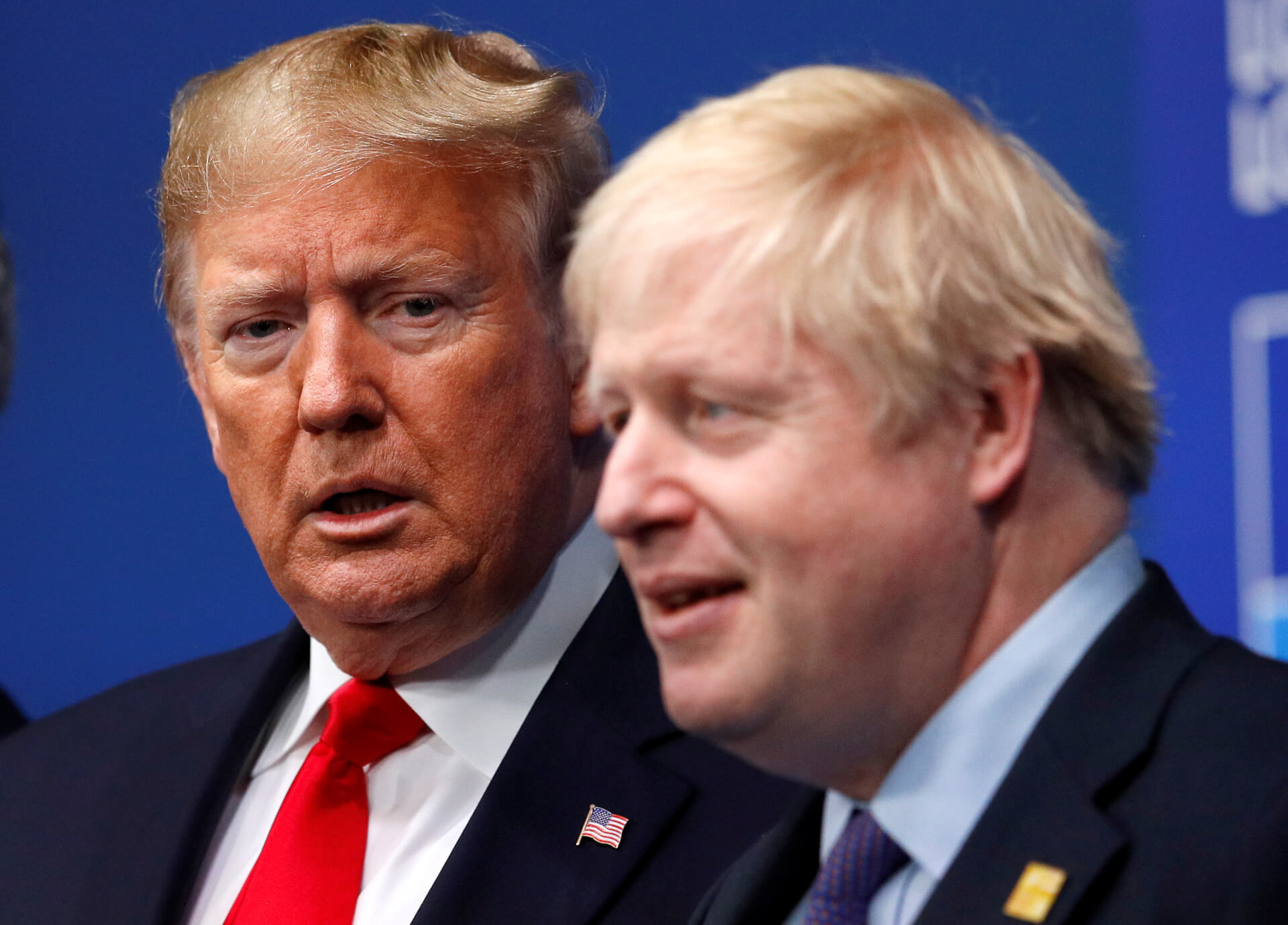The US government is mulling over whether to withdraw spy planes, intelligence officials, and other military and intelligence operations from the UK due to Chinese telecom giant Huawei’s contract with the UK government to help build the Kingdom’s 5G network.
Among the US’ key and most vulnerable assets in the UK are the “highly sophisticated spy planes”, the RC-135s. The US will also review whether to remove 10,000 US military personnel, 6 barracks, and dozens of military vehicles from the Kingdom.
In January, the UK’s National Security Council approved the controversial deal allowing Huawei to build parts of the UK’s 5G network. As part of the contract, it was stipulated that Huawei would be given access to “non-core” parts of the network, but would be banned from “‘sensitive locations’ like military or nuclear sites”. Over the long term, the aim is to reduce Huawei’s share of 35% of UK’s 5G market by including more providers.
Amid criticism from the US and various Tory MPs, Prime Minister Boris Johnson said that the partnership was key for technological progress in the UK. US Secretary of State Mike Pompeo, however, warned that the UK risks compromising its sovereignty and said that the US would review its intelligence-sharing programs with the UK.
At the time, the US appeared to be using the deal a bargaining chip in its trade war with China. These tensions have been further escalated as a result of the coronavirus crisis, wherein the US has accused China of complicity and gross negligence and has become even more suspicious and critical of the intentions of the Chinese government.
Huawei is already banned from the US’ 5G network to prevent “espionage and sabotage”. However, the US has also sought to discourage key allies and partners from engaging in partnerships with the Chinese tech firm.
In January, a US Senate bill proposed spending $1 billion on creating a global competitor and alternative to Huawei after its pleas to the UK to rescind its deal with the Chinese tech giant fell on deaf ears.
In early March, the US sent White House Special Representative Robert Blair to Canada to discuss US national security-objections to Huawei implementing 5G wireless networks in Canada. He met with Canadian Public Safety Minister Bill Blair and senior officials from the departments of Innovation, Foreign Affairs and Defence.
The UK insists that limiting Huawei’s share of its 5G market to 35% protects against espionage. Nevertheless, the US maintains that giving Huawei access to any part of one’s wireless network is tantamount to giving the Chinese government access to the network in its entirety.
US Considering Pulling Military and Intelligence Operations out of UK Due to Huawei Deal
In January, the UK signed a deal with Huawei giving it 35% of the UK’s 5G market.
May 5, 2020

IMAGE SOURCE: PETER NICHOLLS / REUTERSUS President Donald Trump (L) and UK PM Boris Johnson
